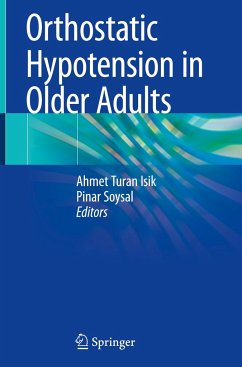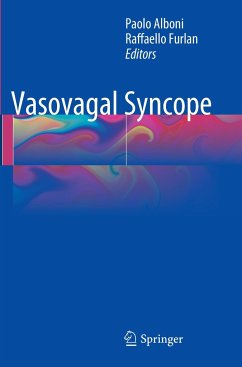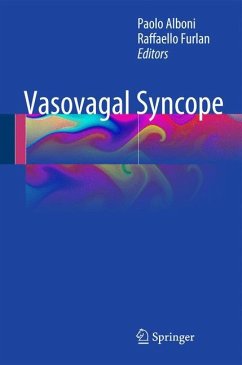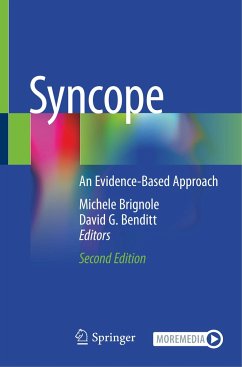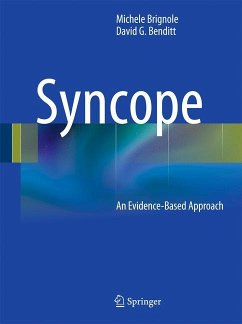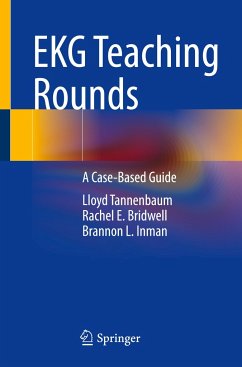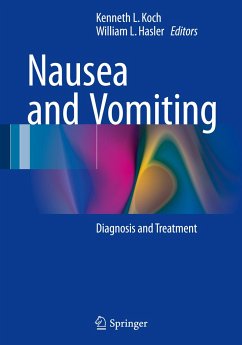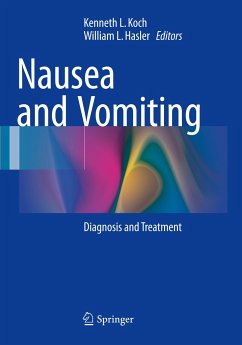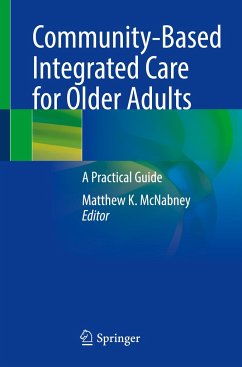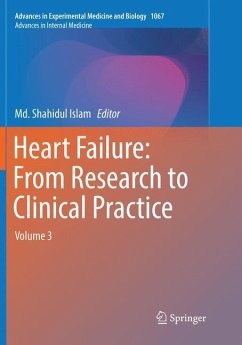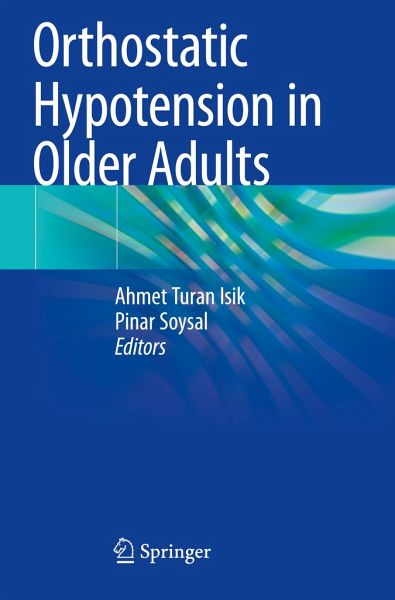
Orthostatic Hypotension in Older Adults
Versandkostenfrei!
Versandfertig in 6-10 Tagen
76,99 €
inkl. MwSt.

PAYBACK Punkte
38 °P sammeln!
This book provides a comprehensive and practical guide to orthostatic hypotension (OH) for doctors and nurses involved in the care of older adults, together with a state-of-the-art update on OH, covering its epidemiology, pathophysiology, assessment, diagnosis, causes, prevention, management, and relevance for geriatric practice. In addition, it addresses mechanisms of orthostatic tolerance and other orthostasis related conditions, as well as drugs, comorbidities and geriatric syndromes related to OH.The homeostatic ability to maintain blood pressure while standing requires an adequate blood v...
This book provides a comprehensive and practical guide to orthostatic hypotension (OH) for doctors and nurses involved in the care of older adults, together with a state-of-the-art update on OH, covering its epidemiology, pathophysiology, assessment, diagnosis, causes, prevention, management, and relevance for geriatric practice. In addition, it addresses mechanisms of orthostatic tolerance and other orthostasis related conditions, as well as drugs, comorbidities and geriatric syndromes related to OH.
The homeostatic ability to maintain blood pressure while standing requires an adequate blood volume and the integrity of the nervous system, heart, blood vessels and muscle pump. However, in older adults, some age-related factors can contribute to the development of OH. For example, decreased baroreflex sensitivity, -1-adrenergic vasoconstrictor response to sympathetic stimuli, parasympathetic activity, renal salt and water conservation, increased vascular stiffness and decreased ventricular diastolic filling, as well as concentrated capacities of the kidney may be associated with changes in postural blood pressure. It has also been shown that OH is associated with falls, cardiac events, heart failure, stroke, reduced quality of life, and increased risk of overall mortality in these patients.
"Orthostatic Hypotension in Older Adults" will be of considerable interest to all professionals working in the fields of geriatrics, geriatric psychiatry, neurology, internal medicine, cardiology, and emergency medicine, or working with older people in hospitals or in their community.
The homeostatic ability to maintain blood pressure while standing requires an adequate blood volume and the integrity of the nervous system, heart, blood vessels and muscle pump. However, in older adults, some age-related factors can contribute to the development of OH. For example, decreased baroreflex sensitivity, -1-adrenergic vasoconstrictor response to sympathetic stimuli, parasympathetic activity, renal salt and water conservation, increased vascular stiffness and decreased ventricular diastolic filling, as well as concentrated capacities of the kidney may be associated with changes in postural blood pressure. It has also been shown that OH is associated with falls, cardiac events, heart failure, stroke, reduced quality of life, and increased risk of overall mortality in these patients.
"Orthostatic Hypotension in Older Adults" will be of considerable interest to all professionals working in the fields of geriatrics, geriatric psychiatry, neurology, internal medicine, cardiology, and emergency medicine, or working with older people in hospitals or in their community.



